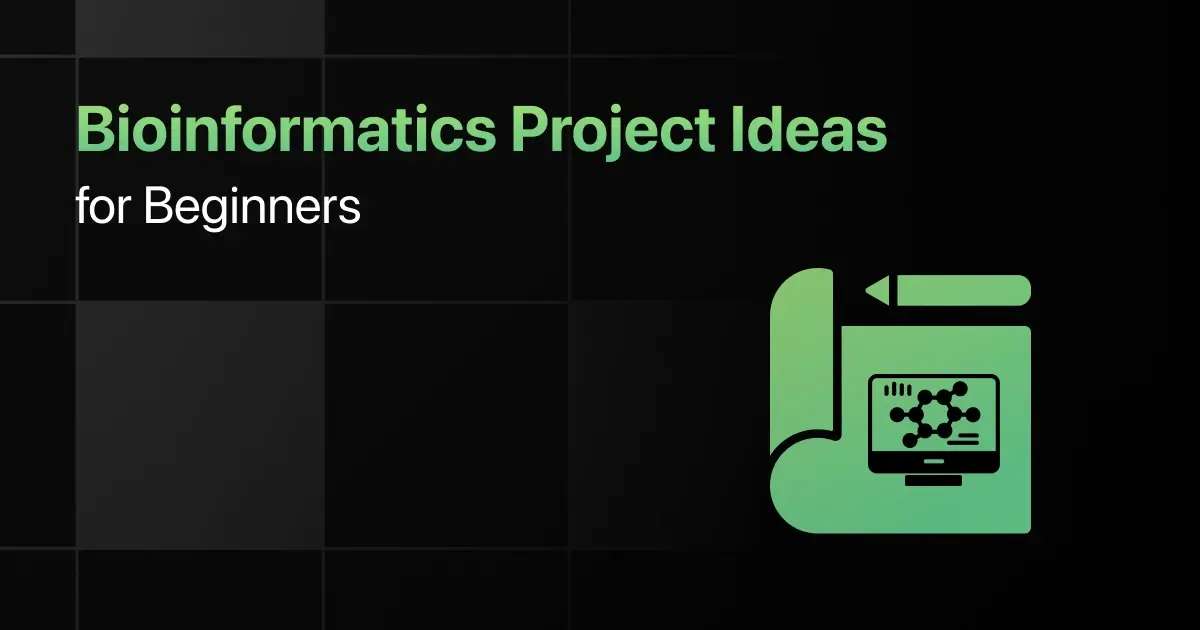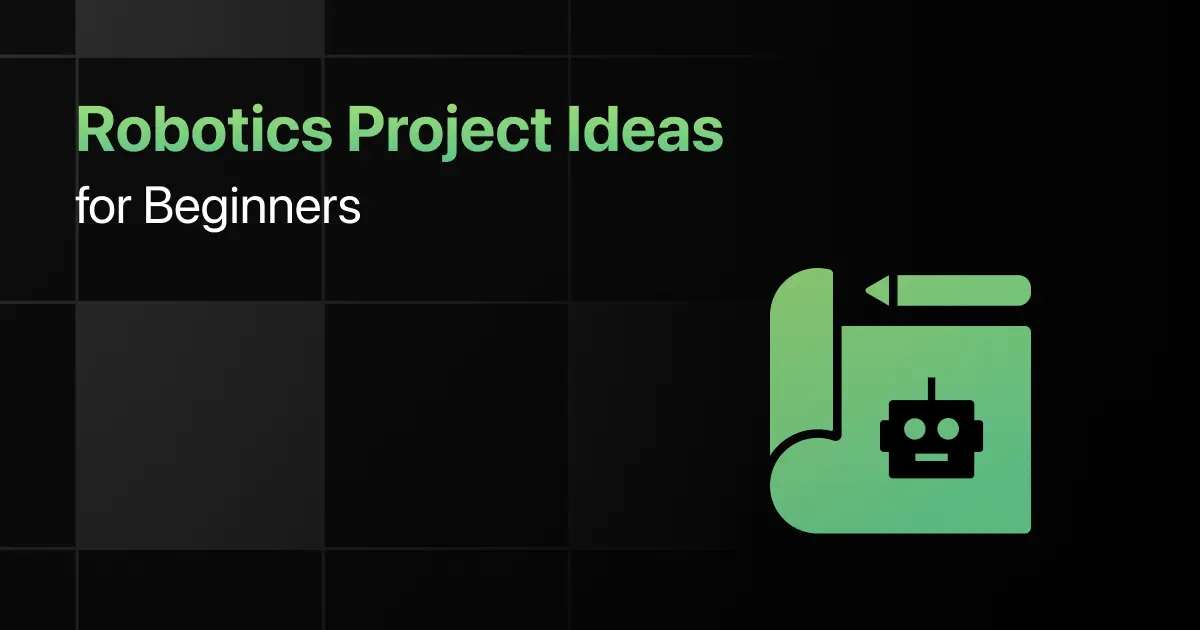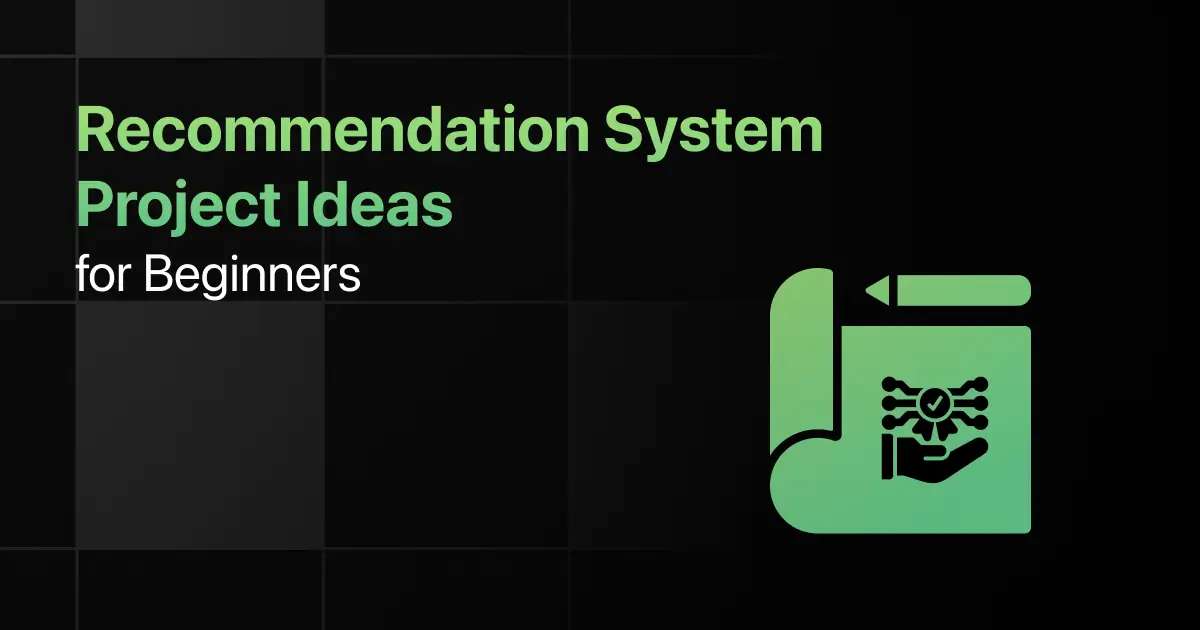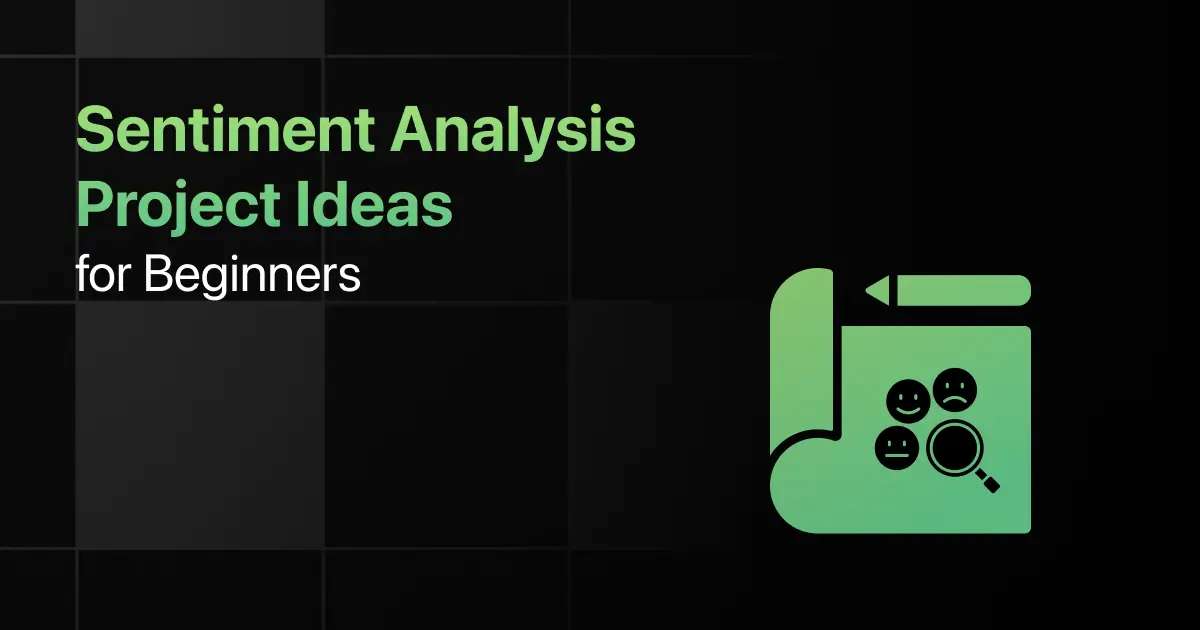Best Bioinformatics Project Ideas for Beginners

Are you interested in practically mastering Bioinformatics? Then you are in the right place.
But there is a huge crowd looking to master this! To stand out among them you need to create a strong portfolio.
You can start creating your unique portfolio with the below-mentioned Bioinformatics projects for beginners.
10 Beginner-Friendly Bioinformatics Project Ideas – Overview
Here’s an overview of the 10 best bioinformatics projects for beginners:
| S.No. | Project Title | Complexity | Estimated Time | Source Code |
|---|---|---|---|---|
| 1 | DNA Sequence Alignment | Easy | 5 hours | View Code |
| 2 | Protein Sequence Analysis | Easy | 6 hours | View Code |
| 3 | Genomic Data Visualization | Easy | 6 hours | View Code |
| 4 | Phylogenetic Tree Construction | Easy | 6 hours | View Code |
| 5 | GC Content Calculation | Easy | 6 hours | View Code |
| 6 | SNP Analysis | Medium | 8 hours | View Code |
| 7 | Gene Expression Data Analysis | Medium | 10 hours | View Code |
| 8 | Functional Annotation of Genes | Medium | 10 hours | View Code |
| 9 | Protein Structure Visualization | Medium | 10 hours | View Code |
| 10 | Microbial Community Analysis | Medium | 10 hours | View Code |
Top 10 Bioinformatics Projects for Beginners
Below are the top 10 simple bioinformatics projects for beginners:
1. DNA Sequence Alignment
This project involves aligning DNA sequences using algorithms like Needleman-Wunsch or Smith-Waterman.
You will learn how to handle sequence data and implement alignment algorithms in bioinformatics.
Duration: 5 hours
Project Complexity: Easy
Learning Outcome: Understanding of sequence alignment techniques
Portfolio Worthiness: Yes
Required Pre-requisites:
- Basic programming knowledge
- Understanding of DNA sequences
- Familiarity with Biopython
Resources Required:
- Computer with Python installed
- Biopython library
- DNA sequence datasets
Real-World Application:
- Identifying homologous genes
- Comparative genomics
2. Protein Sequence Analysis
This project focuses on analyzing protein sequences to predict features like secondary structures or motifs.
You will learn to use computational tools to understand protein properties.
Duration: 6 hours
Project Complexity: Easy
Learning Outcome: Understanding of protein sequence analysis
Portfolio Worthiness: Yes
Required Pre-requisites:
- Basic programming knowledge
- Understanding of protein structures
- Familiarity with Biopython
Resources Required:
- Computer with Python installed
- Biopython library
- Protein sequence datasets
Real-World Application:
- Protein function prediction
- Drug target identification
3. Genomic Data Visualization
This project involves creating visualizations of genomic data such as gene distributions or variations.
You will learn to use visualization tools to present genomic data effectively.
Duration: 6 hours
Project Complexity: Easy
Learning Outcome: Understanding of genomic data visualization techniques
Portfolio Worthiness: Yes
Required Pre-requisites:
- Basic programming knowledge
- Familiarity with Python or R
- Understanding of genomic data
Resources Required:
- Computer with Python or R installed
- Visualization libraries (Matplotlib, ggplot2)
- Genomic data files
Real-World Application:
- Data presentation in research
- Identification of genomic patterns
4. Phylogenetic Tree Construction
This project involves constructing and interpreting phylogenetic trees to understand evolutionary relationships.
You will learn how to use phylogenetic tools and analyze evolutionary data.
Duration: 6 hours
Project Complexity: Easy
Learning Outcome: Understanding of phylogenetic tree construction
Portfolio Worthiness: Yes
Required Pre-requisites:
- Basic programming knowledge
- Understanding of evolutionary biology
- Familiarity with MEGA or Biopython
Resources Required:
- Computer with Python installed
- Phylogenetic software (MEGA, Biopython)
- DNA/protein sequence datasets
Real-World Application:
- Evolutionary studies
- Species classification
5. GC Content Calculation
This project involves calculating the GC content of different DNA sequences and analyzing their implications.
You will learn to process and analyze nucleotide sequences.
Duration: 6 hours
Project Complexity: Easy
Learning Outcome: Understanding of GC content analysis
Portfolio Worthiness: Yes
Required Pre-requisites:
- Basic programming knowledge
- Understanding of DNA sequences
- Familiarity with Python
Resources Required:
- Computer with Python installed
- DNA sequence datasets
Real-World Application:
- Genome stability studies
- Identification of coding regions
6. SNP (Single Nucleotide Polymorphism) Analysis
This project involves analyzing SNP data to identify genetic variations and their potential impact.
You will learn to handle and analyze genetic variation data.
Duration: 8 hours
Project Complexity: Medium
Learning Outcome: Understanding of SNP analysis
Portfolio Worthiness: Yes
Required Pre-requisites:
- Basic programming knowledge
- Understanding of genetics
- Familiarity with VCFtools or Biopython
Resources Required:
- Computer with Python installed
- VCFtools or Biopython library
- SNP datasets
Real-World Application:
- Genetic research
- Personalized medicine
7. Gene Expression Data Analysis
This project involves analyzing gene expression data from microarrays or RNA-seq to identify differentially expressed genes.
You will learn to process and analyze gene expression datasets.
Duration: 10 hours
Project Complexity: Medium
Learning Outcome: Understanding of gene expression analysis
Portfolio Worthiness: Yes
Required Pre-requisites:
- Basic programming knowledge
- Understanding of gene expression
- Familiarity with DESeq2 or edgeR
Resources Required:
- Computer with R installed
- DESeq2 or edgeR libraries
- Gene expression datasets
Real-World Application:
- Disease research
- Functional genomics
8. Functional Annotation of Genes
This project involves annotating genes with functional information using databases like GO or KEGG.
You will learn to use bioinformatics tools for gene annotation.
Duration: 10 hours
Project Complexity: Medium
Learning Outcome: Understanding of gene annotation techniques
Portfolio Worthiness: Yes
Required Pre-requisites:
- Basic programming knowledge
- Understanding of gene function
- Familiarity with annotation tools
Resources Required:
- Computer with Python installed
- Blast2GO or similar tool
- Gene datasets
Real-World Application:
- Gene function prediction
- Biological pathway analysis
9. Protein Structure Visualization
This project involves visualizing and analyzing protein structures using 3D visualization tools.
You will learn to interpret and present protein structural data.
Duration: 10 hours
Project Complexity: Medium
Learning Outcome: Understanding of protein structure visualization
Portfolio Worthiness: Yes
Required Pre-requisites:
- Basic knowledge of proteins
- Familiarity with visualization tools
- Basic programming knowledge
Resources Required:
- Computer with visualization software (PyMOL, Chimera)
- Protein structure files
Real-World Application:
- Structural biology research
- Drug design
10. Microbial Community Analysis
This project involves analyzing microbial community data from 16S rRNA sequencing to study microbiomes.
You will learn to process and analyze microbiome data.
Duration: 10 hours
Project Complexity: Medium
Learning Outcome: Understanding of microbial community analysis
Portfolio Worthiness: Yes
Required Pre-requisites:
- Basic programming knowledge
- Understanding of microbiology
- Familiarity with QIIME or Mothur
Resources Required:
- Computer with QIIME or Mothur installed
- Microbial community datasets
Real-World Application:
- Environmental microbiology studies
- Human microbiome research
Frequently Asked Questions
1. What are some easy bioinformatics project ideas for beginners?
Some easy bioinformatics project ideas for beginners are:
- DNA Sequence Alignment
- Protein Sequence Analysis
- Genomic Data Visualization
2. Why are bioinformatics projects important for beginners?
Bioinformatics projects are important for beginners as they provide hands-on experience in analyzing biological data and understanding complex biological systems.
3. What skills can beginners learn from bioinformatics projects?
From bioinformatics projects, beginners can learn programming, data analysis, and the application of computational tools in biology.
4. Which bioinformatics project is recommended for someone with no prior programming experience?
A simple DNA sequence alignment bioinformatics project is recommended for someone with no prior programming experience.
5. How long does it typically take to complete a beginner-level bioinformatics project?
It typically takes 8 hours to complete a beginner-level bioinformatics project.
Final Words
Bioinformatics mini-projects for beginners can help you build a strong portfolio to ace bio-technology interviews.
Based on your experience and understanding of these bioinformatics projects for beginners, you can develop them to suit your requirements.
Explore More Project Ideas
- Python
- Java
- C Programming
- HTML and CSS
- React
- JavaScript
- PHP
- C++
- DBMS
- SQL
- Excel
- Angular
- Node JS
- DSA
- Django
- Power BI
- R Programming
- Operating System
- MongoDB
- React Native
- Golang
- Matlab
- Tableau
- .Net
- Bootstrap
- C#
- Next JS
- Kotlin
- jQuery
- React Redux
- Rust
- Shell Scripting
- Vue JS
- TypeScript
- Swift
- Perl
- Scala
- Figma
- RPA
- UI/UX
- Automation Testing
- Blockchain
- Cloud Computing
- DevOps
- Selenium
- Internet of Things
- Web Development
- Data Science
- Android
- Data Analytics
- Front-End
- Back End
- MERN Stack
- Big Data
- Data Engineering
- Full Stack
- MEAN Stack
- Artificial Intelligence
- Machine Learning
- Arduino
- Cyber Security
- Raspberry Pi
- Spring Boot
- NLP
- Embedded Systems
- Computer Network
- Game Development
- Flask
- Data Visualization
- Ethical Hacking
- Computer Vision
- AWS
- Data Mining
- Azure
- Network Security
- Microservices
- Augmented Reality
Related Posts

Best Robotics Project Ideas for Beginners [With Source Code]
Are you ready to explore robotics as a beginner? Learning through hands-on projects is the best way to understand core …






